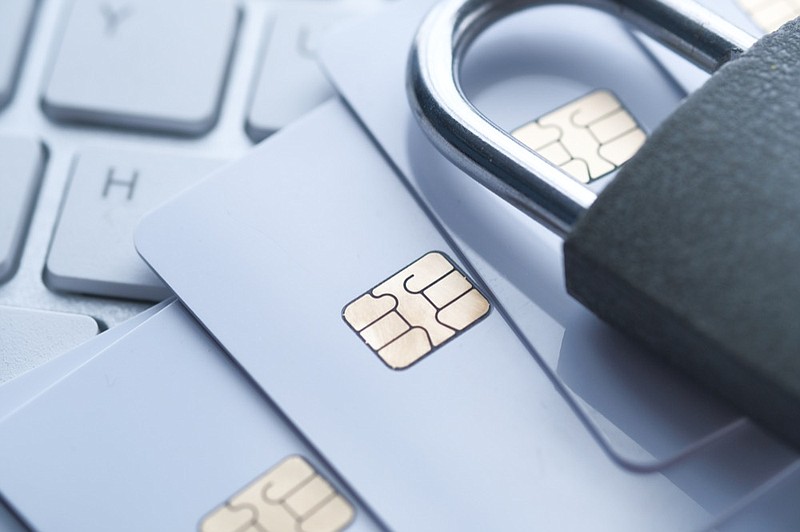Q. Unemployment scams are on the increase, what advice may BBB offer on this marketplace issue?
A. It's another unwelcome byproduct of the pandemic: crooks are taking advantage of increased unemployment to collect benefits in the names of unsuspecting victims. This unemployment fraud is costing the United States government billions of dollars. BBB warns consumers to be sure to guard your personal information and report suspicious activities as it relates to you and our employer.
How the scam works
Thieves typically get the personal information they need for fake unemployment claims by purchasing it online. One con artist told USA Today that he compiles lists of real people. Then, he pays $2 in cryptocurrency to match each name with a Social Security number and date of birth. This is often all the information he needs to file a phony claim.
Other times, scammers get personal information for fake claims through phishing techniques. By sending fake notifications from financial institutions or government agencies, scammers trick people into sharing their Social Security numbers and other information. Other scammers make cold calls to potential victims and coax them into sharing personal information.
Most victims don't know their identity has been used for unemployment fraud until they are contacted about an unemployment claim they never made. According to BBB Scam Tracker, here are some common ways victims became aware of the fraud:
A notification from an unemployment office "confirming" the date of their last day of work - even though they are still employed.
A letter from the state unemployment office or department of labor informing them that their unemployment benefits were denied - even though they made no such claim.
Their employer is notified that they filed for unemployment benefits, even though they still work for the company.
A 1099 tax form reporting income from unemployment benefits that they never applied for or received.
What can you do to protect yourself?
- Haven't applied for unemployment? Report suspicious notifications. If you receive a letter, email, or any other notification about an unemployment claim that you never made, be sure to report it. Find a list from the Department of Labor with your state's contact number at www.dol.gov/agencies/eta. Search for "Report Unemployment Insurance Fraud".
- Check your credit report. An unemployment claim in your name means that scammers have your personal information. Be sure to check your credit report for unauthorized inquiries and accounts. You have the right to check your credit report with each of the three major credit bureaus once per year at AnnualCreditReport.com. This is the only free crediting reporting service authorized by the Federal Trade Commission.
- Consider freezing your credit. This keeps anyone from seeing your credit report without proof of identity. Contact the three major credit reporting agencies; (Equifax.com, Experian.com and TransUnion.com).
- Set up transaction alerts with your bank or credit union. This ensures notification of any withdrawal above a dollar amount which you determine.
FOR MORE INFORMATION: Learn more about protecting yourself against identity theft on BBB.org or at IdentityTheft.gov. If you've spotted a scam (whether or not you've lost money), report it to BBB.org/ScamTracker. Your report can help others to spot a scam before it's too late.
Jim Winsett is president of the Better Business Bureau in Chattanooga
